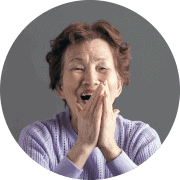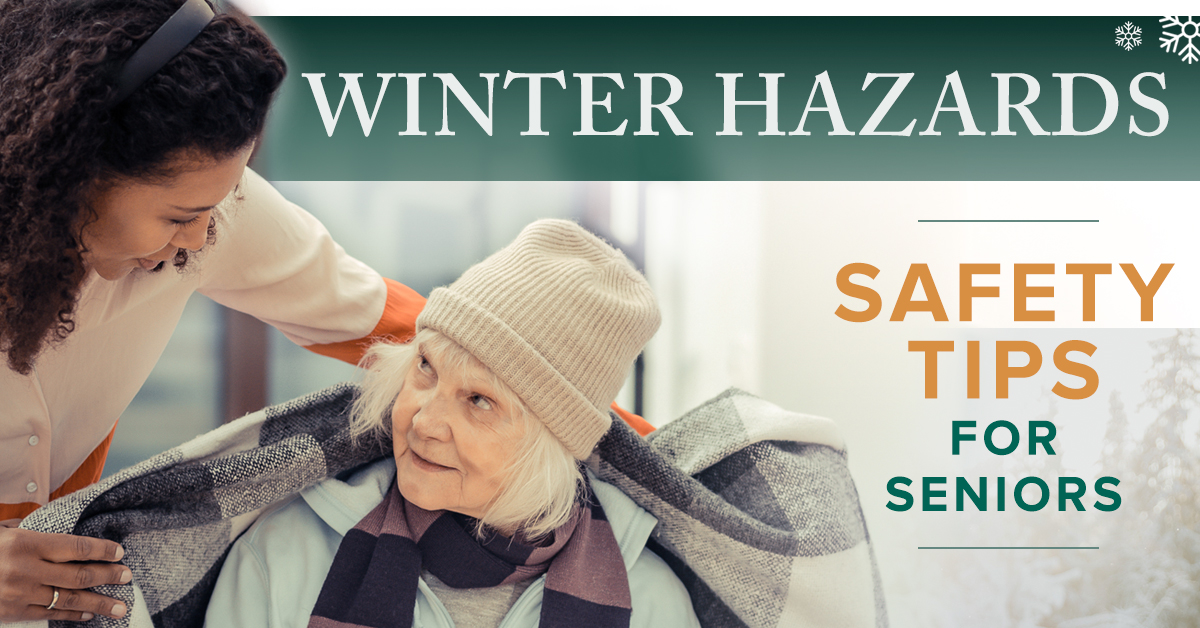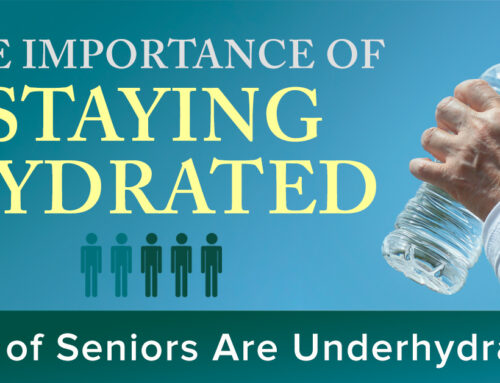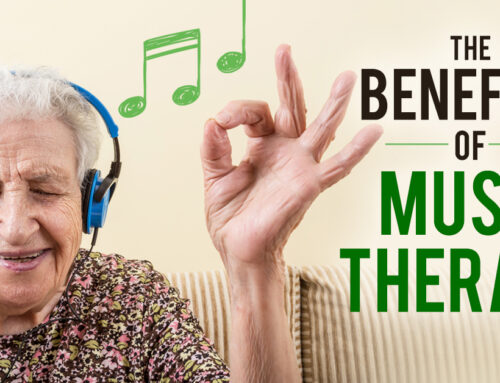Tips to Keep Your Senior Safe This Winter
Cold Weather Poses Risk for Older Adults
While winter can be a wonderland, it’s important to remember that colder temperatures, ice, snow and hours of darkness can pose risks for older adults.
“The cold weather months present some significant challenges for older adults,” said Sierra Goetz, co-founder and operations manager at the HomeCare Advocacy Network (HCAN). “As temperatures drop, seniors are more at risk for falls, hypothermia and the flu. It’s important to be aware of the hazards and take steps to help keep your aging loved ones safe and warm.”
Seasonal hazards to watch for include:
Hypothermia and Frostbite
As we age, it becomes hard for our bodies to regulate temperature, and a decrease in fat below the skin makes it hard to stay warm. Chronic conditions like thyroid issues, diabetes, Parkinson’s disease, arthritis and memory loss can also affect your loved one’s ability to stay warm – making them vulnerable to hypothermia and frostbite.
To lower their risk of hypothermia and frostbite:
- Set the heat to at least 68-70 degrees. To save on heating bills, close off rooms that aren’t used and place rolled towels in front of drafty doors. Also be sure to weatherstrip or caulk gaps around windows.
- Make sure they dress for the weather – inside and out. On chilly days, they should wear warm clothing, socks and slippers when they’re indoors and put an extra blanket or two on the bed. If they have to go out on chilly days, they should wear loose layers of clothing – air between the layers will keep them warm. They should also wear a hat and scarf, because they’ll lose a lot of body heat if their head and neck are uncovered.
- Help them maintain a good diet. If they don’t eat well, they’ll might have less fat under your skin, and body fat helps keep them warm. They should also avoid alcohol, as can make them lose body heat.
Dehydration
The risk of dehydration increases with age and seniors typically don’t feel as thirsty during the winter months as they do in warm weather. To ward off dehydration, encourage your senior to drink four to five glasses of water every day.
Falls
Seniors are already more susceptible to falls, so snow and ice combined with darker days make sidewalks and parking lots even more treacherous. To lessen the risk, clear snow from steps, walkways and driveways, make sure their boots and shoes have non-skid soles and place a rubber tip or ice pick attachment on the end of their canes.
Carbon Monoxide Poisoning
When furnaces fire up, the risk for carbon monoxide poisoning rises. Install a carbon monoxide detector and enlist the help of a professional to make sure the furnace is working properly.
Road conditions
If your loved ones still drive, encourage them to stay home if roads are unplowed or untreated. If they have to go out, make sure they have a charged cell phone and an emergency kit that includes blankets, extra warm clothes, jumper cables, an ice scraper, water, dried food, flashlight and rock salt, sand or cat litter.
Ask For Help
“If time or distance prevents you from regularly checking on your senior loved one during the winter months, enlist the help of friends, other family members or even a professional caregiver,” Goetz said. “Our caregivers are trained to spot potential red flags and can help stop potential problems before they start.”
For more information about our wide range of professional caregiving services, visit hcanthrive.com or call your local HCAN-supported office.






